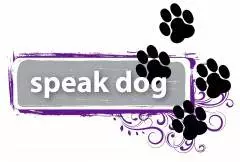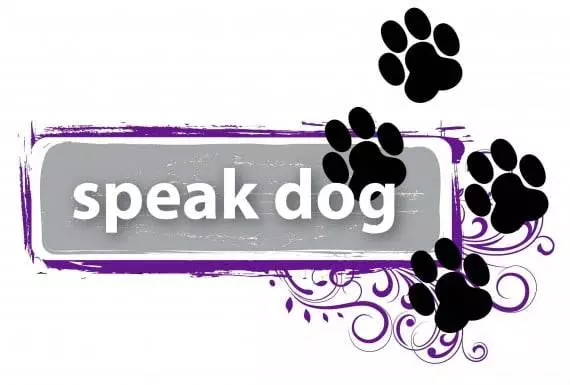Introduction to Potty Training:
There are three types of potty training techniques we commonly recommend:
1. Crate Training
- Keep it the right size– just big enough to turn around, sit & lie down.
- Confine to crate when the puppy is not supervised.
- Plan nighttime trips outside. Don’t give in to a crying puppy; wait for silence and then let the puppy out.
- Take the puppy out more than he needs to-be proactive.
2. Paper Training
- Use a large area of papers where the puppy likes to go .
- Gradually decrease the amount of paper with time.
- Gradually move papers to approved areas both indoors and outdoors.
3. Umbilical Cord Training
- Secure the puppy to you with a leash to aid supervision.
- This method works great combined with other methods.
What goes in directly affects what comes out.
- Premium foods create less stool, which reduces frequency, since they are more digestible.
- Withhold water 1 or 2 hours before bedtime or leaving the puppy for any extended duration.
- What goes in on a schedule comes out on a schedule.
II. What to expect
- It takes about a week to learn what the papers are for.
- Two weeks of heavy papers.
- There will be accidents; they should be cleaned right away.
- After 4 months of age the puppy will have moderate control of elimination & will know when it has to ‘go’.
- Always keep a close eye on the puppy. Watch for sniffing and turning.
- The puppy will have to go potty after:
1. Sleeping
2. Eating or Drinking
3. Playing
- Give lots of praise when the puppy goes where he’s supposed to.
- Nose rubbing is not effective.
- A puppy can typically ‘hold it’ for as long in hours as it is months in age (example 3 months 3 hours).
- It’s not fair to expect a puppy or a dog to ‘hold it’ during the day for longer than 4-6 hours regardless of age.
Common helpful products
- Papers
- Carpet Cleaner and Deodorizer
- Odor hormones to attract the puppy to the designated area
- Crate and/or training gates
- Treats

